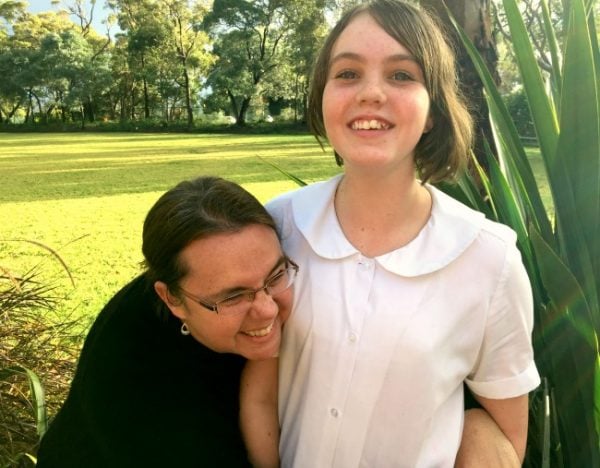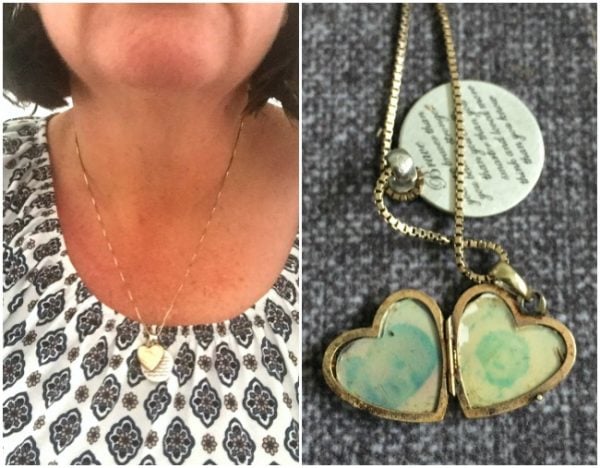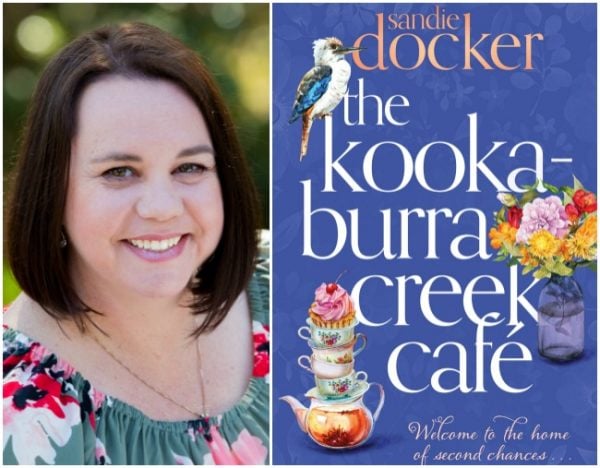Mother’s Day is just around the corner.
My beautiful daughter will make me a hand-made card. She’ll drag her dad to the shops and buy me a personal, meaningful gift. Together they’ll make me pancakes for breakfast and they’ll take me out somewhere nice for lunch.
I’ll refuse to do any housework, though I’ll end up ironing her school uniform anyway. And I’ll feel blessed that I’ve been afforded the privilege of raising this amazing kid. She is smart, witty, kind. She is the light of my life, and I know how lucky I am to have her.
There will also be a touch of sadness, though, this Mother’s Day, as with every Mother’s Day, because something is missing. Someone is missing.
You see, I belong to a not-so-exclusive club – the club of one-in-four women who’ve lost a child. One. In. Four. For such a common occurrence, it is a surprisingly silent statistic.



